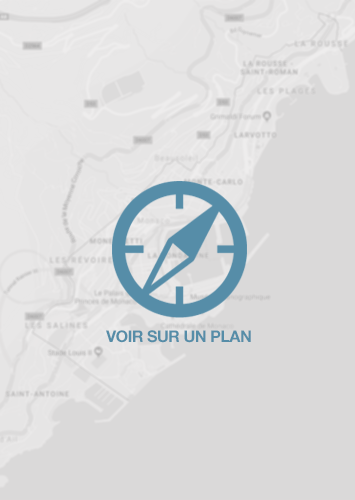- Homepage
- Institutions
- Assemblies and constitutional bodies
- The National Council
The National Council
Duties
The National Council, a representative assembly, has sole responsibility for passing laws and the State Budget. The budget is put to the vote in legislative form.
It has limited legislative initiative - proposals that it makes for laws or amendments cannot be directly enacted. This is a result of the fundamental principle of the Monegasque legislative system, which is based on the mutual agreement of the Prince and the National Council.
This assembly is partially invested with constituent power that it shares with the Sovereign. Total or partial review of the Constitution is subject to mutual agreement between the Prince and the National Council.
In matters of external relations, the National Council must be informed of State policy and international treaties and agreements that are to be ratified. Furthermore, the Prince can only ratify, by virtue of a law, treaties and agreements affecting the constitutional structure as well as international treaties and agreements leading to the amendment of laws in force - those involving the Principality's membership of an international organisation and the subsequent participation of National Council members and those where implementation has the effect of generating budgetary expenditure the nature or destination of which was not provided for by the Budget Act (Art. 14 of the Constitution).
The National Council is fully involved in the Principality's outward-looking international policy. Since 1948, the National Council has been a member of the Inter-Parliamentary Union (IPU) and later joined the Assemblée Parlementaire de la Francophonie (APF).
It is also an active member of the Organisation for Security and Co-operation in Europe (OSCE), and, following Monaco's accession to the Council of Europe in 2004, four National Councillors (2 permanent members and 2 substitutes) also sit on its Parliamentary Assembly.
In addition, it participates in meetings of the Presidents of Parliaments of the Small States of Europe as well as Parliamentary friendship groups with French and Italian counterparts.
Organisation and operation
The organisation and operation of the National Council is governed by the law and its by-laws which are approved by the Supreme Court.
The twenty-four members are elected for five years, by universal suffrage by adults of Monegasque nationality of both genders.
It elects its Chairman and Vice-Chairman, the members of the Special Commissions and representatives of these bodies.
The National Council sits twice a year at two ordinary sessions each of three months in duration:
- From 1 April to 30 June, the spring session is devoted to examining legislation
- From 1 October to 31 December, the autumn session mainly deals with examining the State Budget (amendments concerning the year in progress and the preliminary budget for the coming year), but it may also involve the examination of Bills. For this reason, the autumn session tends to be the busiest
The Minister of State and the Ministers attend Assembly sessions.
Extraordinary sessions may be called in the intervening months to examine special legislation for which it is not possible or opportune to wait for the next ordinary session.
Apart from legislation considered to be urgent by the Government and agendas for extraordinary sessions, the National Council sets its own agenda.
Current members of the National Council are as follows:
President
Mr Thomas BREZZO
Vice-President
Mr Jean-Louis Grinda
Political group
L'Union - Union Nationale Monégasque
Ms Karen ALIPRENDI
Ms Nathalie AMORATTI-BLANC
Ms Jade AUREGLIA
Ms Maryse BATTAGLIA
Ms Brigitte BOCCONE-PAGES
Mr Régis BERGONZI
Ms Corinne BERTANI
Mr Thomas BREZZO
Mr Christophe BRICO
Mr Philippe BRUNNER
Mr Nicolas CROESI
Mme Béatrice FRESKO-ROLFO
Ms Marie-Noëlle GIBELLI
Mr Jean-Louis GRINDA
Ms Marine GRISOUL
Mr Franck JULIEN
Ms Mathilde LE CLERC
Mr Franck LOBONO
Mr Roland MOUFLARD
Mr Fabrice NOTARI
Mr Mikaël PALMARO
Ms Christine PASQUIER-CIULLA
Mr Guillaume ROSE
Mr Balthazar SEYDOUX
Head of the Office of the President
Mr Alexis POYET
Secretary-General
Mr Cédric BRAQUETTI
Background
The National Council was established by the Constitution as granted in 1911 by Prince Albert I.
However, the Monegasque Assembly has a great heritage - Monegasques have had representative assemblies since the 13th century.
With the 1962 Constitution, it acquired true elected Assembly status exercising legislative and budgetary powers.
The 2002 constitutional review bestowed more extensive powers upon the National Council, concerning legislative initiative (tabling BIlls), its right to amend draft legislation, and with regard to external relations.
Founding texts
Constitution of the Principality of 17 December 1962
Act no. 771 of 25 July 1964 concerning the organisation and operation of the National Council






